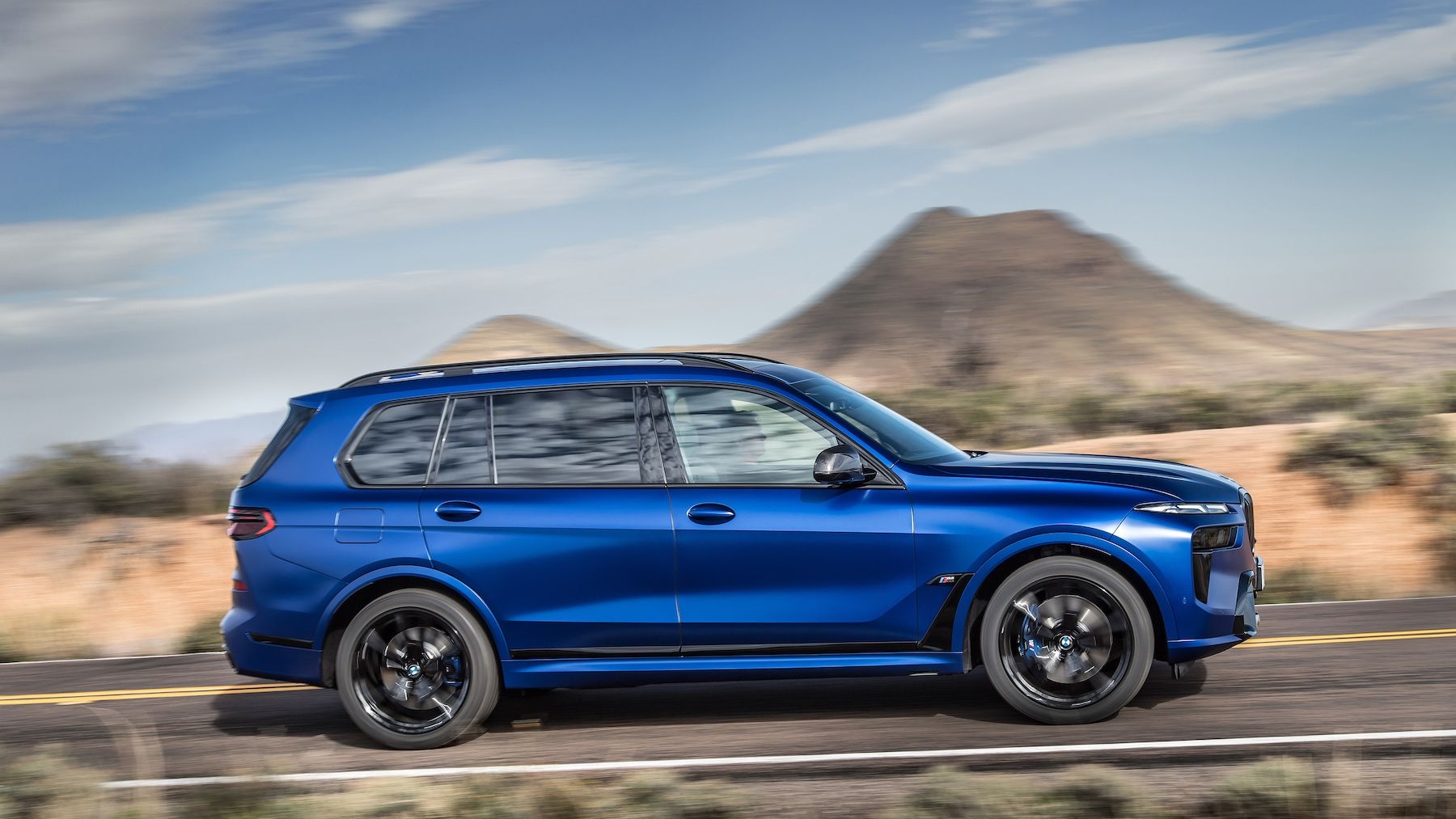The overall initial quality title went to Lexus with its brand-wide average of just 84 problems per 100 cars, though the Lexus LX led the way for the whole industry with just 52 problems per 100 cars. Lexus's win this year bumps Porsche from the spot it held for the previous two years.
Cadillac saw its rank rise from 10th to third, right behind Porsche. Mercedes-Benz came home in sixth place while BMW and Audi languish in 15th and 20th places, respectively. Surprisingly, the worst overall ratings for initial quality went not to any of the usual suspects but to BMW's MINI, which rated just two spots below Daimler's Smart brand and 5 spots below the notorious Hummer marque.
Overall, the industry as a whole saw initial quality rise, with the average problems per 100 cars dropping from 118 last year to 108 this year. "Achieving high levels of initial quality in all-new models is one of the greatest challenges for manufacturers," said David Sargent, vice president of automotive research at J.D. Power and Associates. "Now that more manufacturers are getting their launch quality right straight out of the gate, consumers can expect the quality of new vehicles to continue to rise."
Each year J.D. Power's Initial Quality Study compiles the statistics on the number of problems new owners face over the first 90 days of ownership. The study claims to be an excellent predictor of long-term durability, and therefore a good basis for consumer decisions on new car models that don't yet have a proven track record.
"High quality generally translates into reduced re-engineering costs and lower warranty expenses during a vehicle’s life cycle. High quality also enhances an automaker’s reputation for reliability, which is a critical purchase consideration for many consumers," said Sargent.


